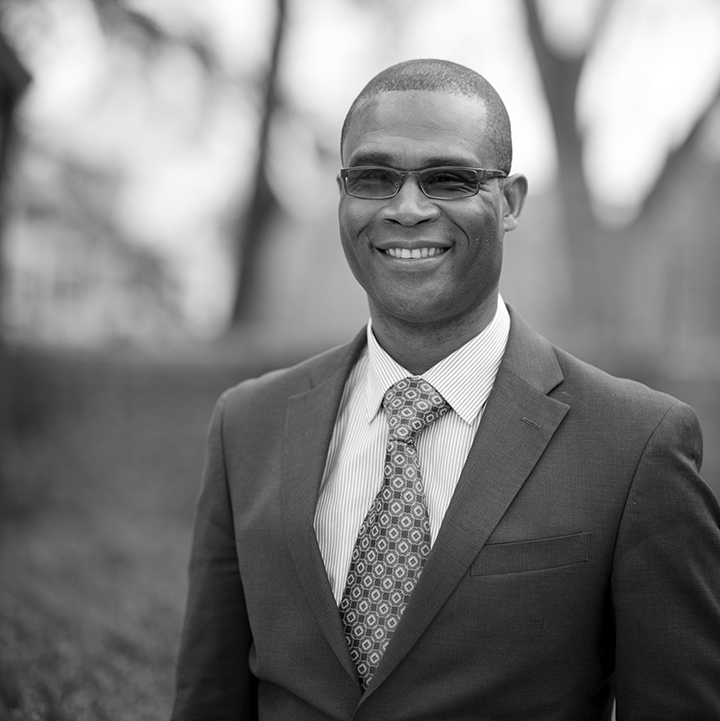Concerning “Goodbye, Christ”: Langston Hughes, Political Poetry, and African American Religion
220 Stephens Hall
Wallace Best, Professor of Religion and African American Studies, Princeton University
In March 1953, Senator Joseph McCarthy called the poet Langston Hughes before the Permanent Subcommittee on Investigations. Formed in 1948, the PSI was initially charged with investigating allegations of corruption in the national defense program. When McCarthy assumed the chairmanship, however, he redirected the focus, turning it into a tribunal to expose Communist subversives among federal employees, as well as the general public. Hughes’s summons offered no explanation, but within the first few moments of his interrogation it was clear that “Goodbye, Christ,” a poem he had written in 1932 while sojourning in the Soviet Union, sat at the center of the committee’s interest. The poem allegedly extolled Communism while denigrating the American way of life. Concerning “Goodbye, Christ” tells the story of Hughes’s poem and the sustained impact it had on his life. It also highlights the potential efficacy and the probable peril “political poetry” could have on an African American poet’s career during the middle decades of the twentieth century. As Hughes himself would proclaim in 1964, “politics can be the graveyard of the poet, and only poetry can be his resurrection.”
Wallace Best specializes in 19th and 20th century African American religious history. His research and teaching focus on the areas of African American religion, religion and literature, Global Pentecostalism, gender and sexuality, and Womanist theology. He has held fellowships at Princeton’s Center for the Study of Religion and the W. E. B. Du Bois Institute at Harvard University. He is the author of Passionately Human, No Less Divine: Religion and Culture in Black Chicago, 1915-1952 (Princeton University Press, 2005), and his current book project is Langston’s Salvation: American Religion and the Bard of Harlem.

